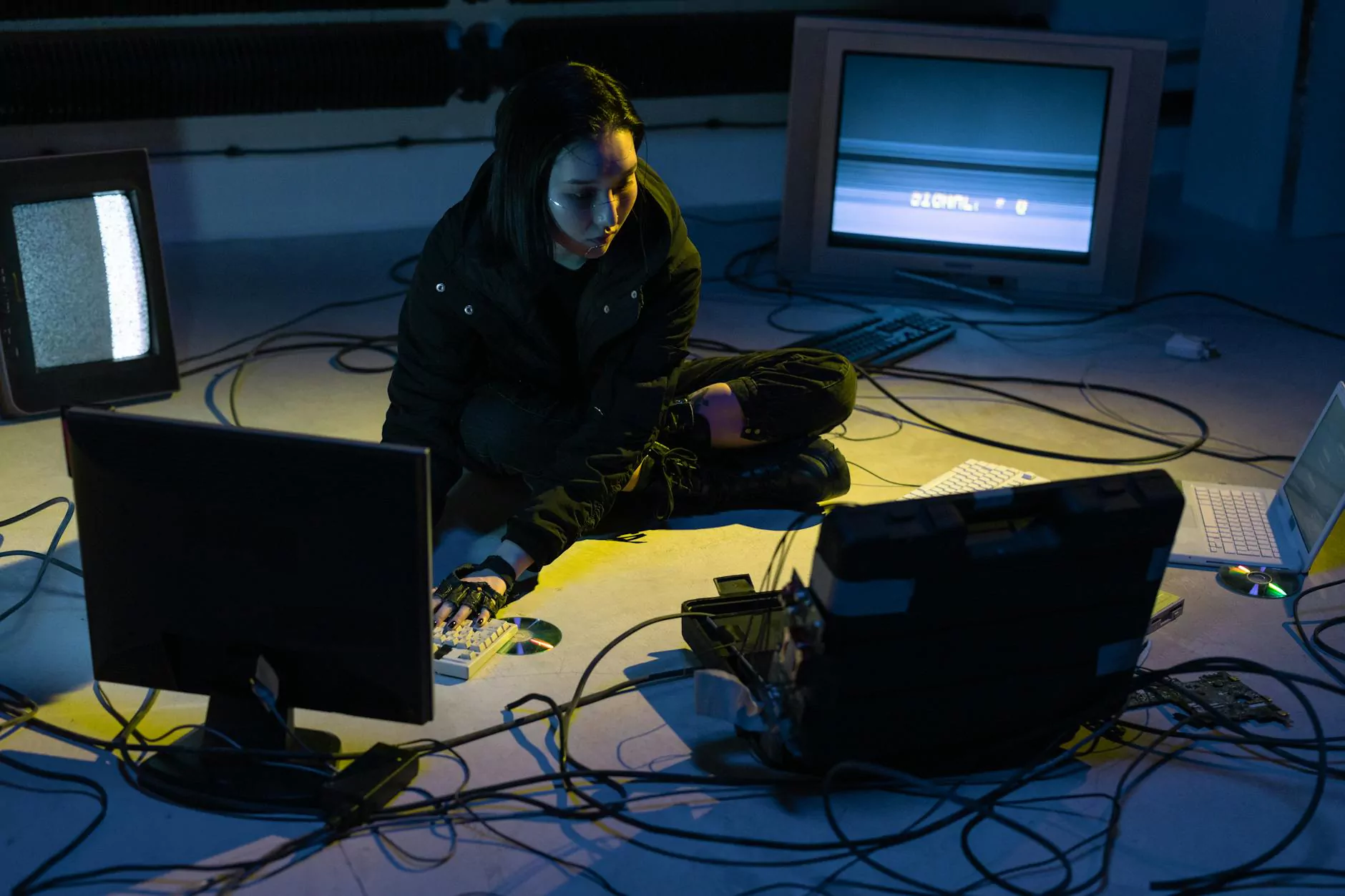Ultimate Guide to Radiofrequency Ablation for Varicose Veins

Varicose veins are a common vascular condition affecting millions worldwide, leading not only to aesthetic concerns but also to discomfort, pain, and potential health complications. Among the advanced minimally invasive techniques to treat this condition, radiofrequency ablation varicose veins stands out as a revolutionary treatment option that offers remarkable efficiency, safety, and long-term relief.
Understanding Varicose Veins and Their Impact on Health
Varicose veins occur when the veins, especially in the legs, become enlarged, twisted, and dysfunctional. They develop when the valves within the veins weaken or malfunction, leading to blood pooling and increased pressure in the affected vessels. This condition is more prevalent among women, individuals with a family history, those who stand for prolonged periods, and people with obesity or pregnancy-related risk factors.
Leaving varicose veins untreated can result in symptoms such as swelling, aching, skin discoloration, skin ulcers, and even more severe vascular diseases if complications develop. Therefore, seeking effective treatment options like the radiofrequency ablation procedure is vital for restoring vascular health and preventing future problems.
What Is Radiofrequency Ablation for Varicose Veins?
Radiofrequency ablation (RFA) of varicose veins is a minimally invasive, outpatient procedure that utilizes thermal energy generated by radiofrequency waves to cauterize and close off diseased veins. This technique targets the malfunctioning veins, redirecting blood flow to healthier veins and alleviating symptoms associated with chronic venous insufficiency.
Compared to traditional surgical options such as vein stripping, radiofrequency ablation varicose veins offers numerous advantages including reduced pain, minimal scarring, faster recovery, and a lower risk of complications.
How Does Radiofrequency Ablation Work?
The process involves inserting a specialized catheter into the affected vein under ultrasound guidance. Once correctly placed, radiofrequency energy is delivered through the catheter, generating controlled heat that damages the vein's inner wall. As the vein collapses and seals shut, blood reroutes through healthy veins, improving overall vascular function.
This precise thermal destruction ensures the targeted vein is closed off without affecting surrounding tissues or neighboring structures, making it a safe and effective method for varicose vein treatment.
The Step-by-Step Procedure of Radiofrequency Ablation Varicose Veins
- Pre-Procedure Assessment: Thorough vascular mapping with ultrasound and a detailed medical evaluation to determine the suitability for RFA.
- Preparation: The patient is made comfortable, local anesthesia is administered, and ultrasound imaging guides the procedure.
- Catheter Insertion: A small incision is made, and the catheter is advanced into the problematic vein.
- Heating and Closure: Radiofrequency energy is applied, heating the vein walls, causing them to seal shut.
- Post-Procedure Care: Compression stockings are typically worn to support healing, and patients are advised on activity restrictions for quicker recovery.
Benefits of Radiofrequency Ablation Varicose Veins
- Minimally Invasive: No large incisions or general anesthesia required.
- High Success Rate: Proven long-term effectiveness in vein closure and symptom relief.
- Reduced Pain and Discomfort: Less post-operative pain compared to traditional surgery.
- Quick Recovery: Patients often resume normal activities within 24-48 hours.
- Low Risk of Complications: Minimal chances of infection, nerve injury, or hematoma.
- Cosmetically Favorable: Small incisions leave minimal scarring.
Who Are Ideal Candidates for RFA?
Most individuals suffering from symptomatic varicose veins or chronic venous insufficiency are suitable candidates for radiofrequency ablation. Ideal candidates include those with:
- Persistent varicose veins causing pain, heaviness, or swelling
- Veins that do not improve with conservative treatments like compression stockings or lifestyle changes
- Patients seeking a less invasive alternative to traditional vein surgery
- No active infections or skin conditions at the treatment site
- Good overall health to tolerate outpatient procedures
Post-Treatment Expectations and Care
Following radiofrequency ablation varicose veins, patients typically experience minimal discomfort. Most report a sensation of warmth or mild soreness at the treatment site, which subsides within a few days. To optimize recovery and long-term outcomes, recommended post-procedure practices include:
- Wearing compression stockings for at least 1-2 weeks to support vein closure and prevent swelling
- Engaging in light physical activity, such as walking, immediately after treatment
- Avoiding strenuous activities and heavy lifting for a few days
- Maintaining leg elevation whenever possible to reduce swelling
- Attending follow-up appointments for ultrasound verification of vein closure
Potential Risks and Complications
While radiofrequency ablation is considered a highly safe procedure, some minor risks include skin burns, nerve injury, deep vein thrombosis, or allergic reactions to local anesthetics. However, these are rare and can be effectively managed with proper procedural techniques and post-op care.
Why Choose Truffle Vein Specialists for Your Treatment
At Truffle Vein Specialists, we pride ourselves on providing personalized, state-of-the-art care for vascular conditions. Our team of highly experienced doctors and vascular medicine experts specializes in minimally invasive vein treatments, including the latest radiofrequency ablation varicose veins techniques.
Our clinic combines advanced diagnostic tools, innovative treatment options, and compassionate patient-centered care to ensure optimal results and satisfaction. We understand the importance of healthy, beautiful legs, and our goal is to deliver lasting relief in a comfortable and safe environment.
The Future of Varicose Vein Treatment: Innovations and Trends
The field of vascular medicine continues to evolve, with ongoing research improving the safety, efficacy, and patient experience of treatments like radiofrequency ablation. Emerging technologies include:
- Endovenous laser therapy (EVLT) as an alternative modality
- Enhanced imaging techniques for precise vein targeting
- Combination therapies addressing multifaceted venous issues
- Use of bioactive materials to improve vein healing
These advancements promise to extend the benefits of minimally invasive vein treatments, making options like radiofrequency ablation varicose veins even more accessible and effective for patients worldwide.
Conclusion: Transform Your Leg Health with Expert Care
If you are struggling with the discomfort or aesthetic concerns caused by varicose veins, it is essential to seek expert vascular medical advice. Radiofrequency ablation varicose veins stands as a top-tier minimally invasive solution, offering quick recovery, long-lasting results, and a significant improvement in quality of life.
Trust your vascular health to the experienced team at Truffle Vein Specialists. Our dedicated professionals are committed to delivering innovative, personalized care that restores venous function, alleviates symptoms, and elevates your confidence.
Contact us today to schedule a consultation and take the first step toward healthier, more beautiful legs.









